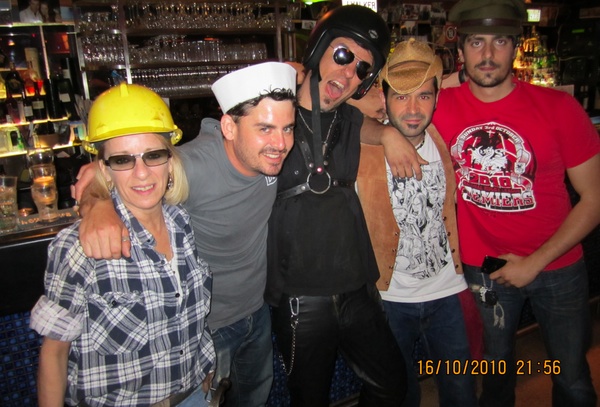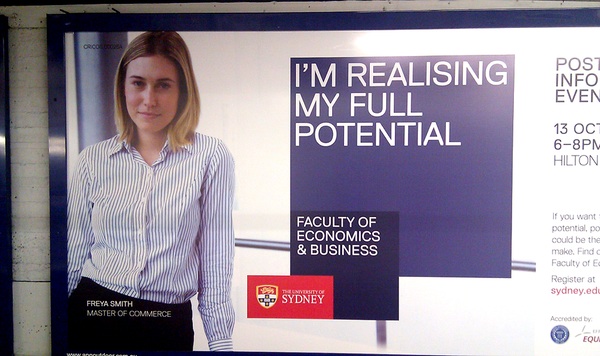
A weekly summary of what I’ve been doing elsewhere on the internets, for those suffering from early-onset dementia.
Articles
- Is Brisbane’s sewer broadband a crock of …?, for Crikey. Believing that the National Broadband Network will take too long to solve Brisbane’s internet problems, Lord Mayor Campbell Newman has signed a deal with the i3 Group to run fibre through the city’s sewers. As you do.
- Cloud security? Better get a lawyer, Son!, a 2000-word feature for ZDNet.com.au. As the intro says, “Moving your data into the cloud creates a raft of security challenges, but according to information security specialists, those challenges are less about hackers and more about data availability and signing the right contracts.”
Podcasts
- Patch Monday episode 61, “Microsoft exposes the botnet threat”. My guest is Microsoft Australia’s chief security advisor, Stuart Strathdee.
- A Series of Tubes episode 117. Richard Chirgwin’s podcast returns after a bit of a break. Apart from my usual natter about stuff, we hear from i3 Group’s CEO Elfed Thomas about that Brisbane sewer-based fibre project.
Media Appearances
- Again it’s not strictly “media”, but on Tuesday I took part in a lunchtime discussion about the future of book publishing, hosted by Blurb. I haven’t had time to write it up yet, but here’s Ross Dawson’s summary.
Geekery
- Wait for it…
Corporate Largesse
- Blurb paid for Tuesday’s lunch at History House on Macquarie Street. And very pleasant it was.
- I was invited to a few other things this week, but I was a tad crook and didn’t go. Ethics are restored, or something.
Elsewhere
Most of my day-to-day observations are on my high-volume Twitter stream, and random photos and other observations turn up on my Posterous stream. The photos also appear on Flickr, where I eventually add geolocation data and tags.
[Photo: Staff of The Duke, Enmore, dress up for The Village People concert at the Enmore Theatre. I won’t link to a higher-resolution version. We have suffered enough.]



